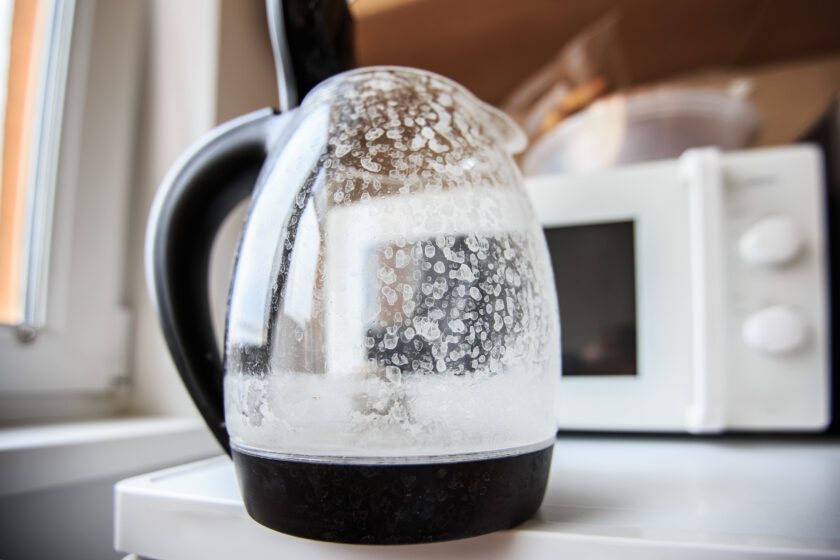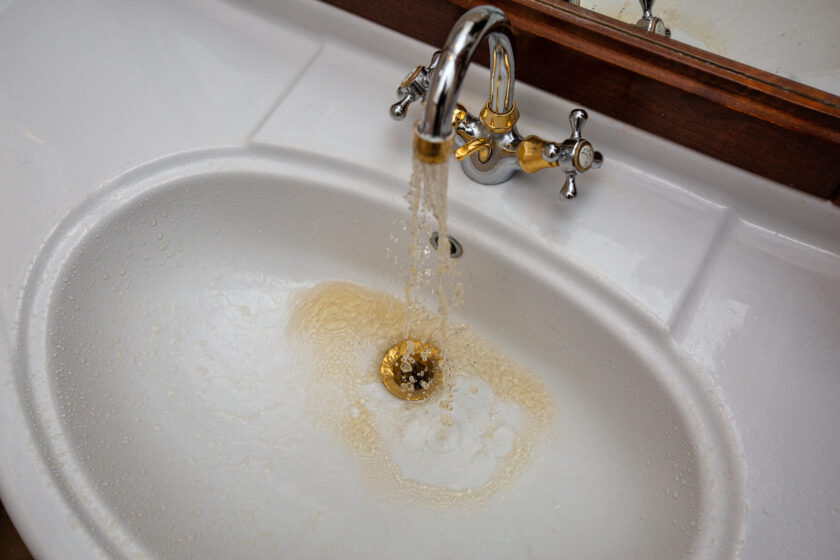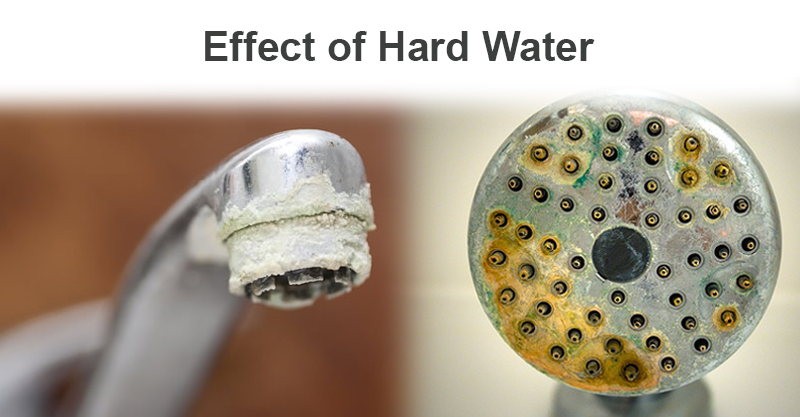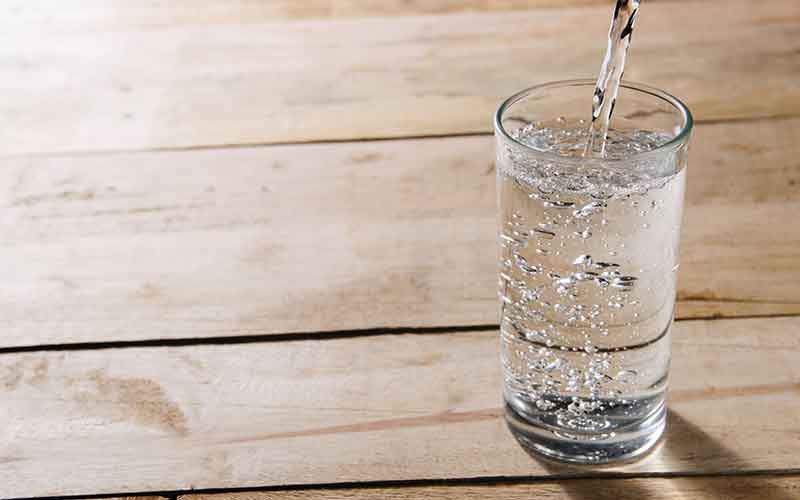
Typically, most houses around the world deal with water issues. But when these problems aren’t corrected properly, they could have adverse effects on a person’s health, such as skin issues and other health conditions. They could also damage home appliances and even clog water pipes.
Due to these circumstances, it’s important to know the different water issues you’d have to deal with at home. Here are four common water problems you may encounter in your household and what you can do to address them.
1. Organic Matter In Water
One of the common water issues you could deal with at home is the presence of organic matter in your tap supply. In some cases, the presence of organic matter in your tap water supply could give rise to mouldy, musty, and fishy odour and taste. This situation may be due to the sulfates from the septic system that have leaked into your water supply.
When your household water has a bad taste and odour, you and your family may be at risk for some problems. These could result in health issues like discolouration of the teeth and skin, as well as concerns like clogged pipes, corrosion, and stained laundry and plumbing fixtures.
Thus, if you want to address the taste and odour issues in your water supply, using activated carbon filters may be a perfect solution. When the problem is extreme, it’s best to call a reliable plumbing professional to assess the situation. Depending on the severity of the issue, they may recommend the installation of oxidizing filters to eliminate the bad taste and odour in your water at home. By doing this, you could enjoy the benefit of filtered water for you and your family.
2. Sediments In Water

Depending on where you live, you might potentially notice some sediments in your tap water supply. This happens when your water is coming from lakes, rivers, and ponds. Primarily, sediments in water mean there are fine particles of clay, dirt, sand, and scale, which are suspended therein. And using water infiltrated with sediments could have negative effects on your family’s health or damage your plumbing fixtures.
Hence, if you don’t have a cleaner and safer water supply because of sediments, consider using sediment filters, which you can get from plumbing stores. In case fine particles of sand cause water sedimentation, it may be a good idea to choose the best water purifier, like a slow-sand filter, which could remove sand and purify your water.
3. Hard Water

Another common water issue you may encounter at home is hard water. Generally, water that’s too hard contains minerals such as calcium and magnesium. However, too much of these mineral deposits could cause scaling in your home appliance. Also, they may cause limescale in your water pipes, which could decrease their efficiency and bring about permanent damage to your overall plumbing system.
To get rid of hard water, try installing a water softener from a reliable provider that uses ion-exchange technology to clean water by removing the calcium and magnesium in it. Also, if you want to get the most favourable result, you could use a water softener and a whole house carbon filter to produce cleaner and mineral-free water throughout your household.
4. Harsh Minerals And Chemical Compounds In Water

Aside from organic matter, your water supply at home could also contain harsh minerals and chemical compounds. Just like other contaminants found in water, they could cause a lot of problems when consumed or used on a day-to-day basis. For example, it could lead to some serious health problems, including skin irritation, as well as cause severe damage to your appliances and plumbing system.
The following are some minerals and chemical compounds found in tap water you might need to be aware of:
- Iron and Manganese: Usually found in groundwater, iron and manganese are two of the minerals that could make your water look cloudy or rusty. Their presence in your home’s water supply may give rise to several problems. These could include having a metallic taste and dark brown stains on the cookware, laundry, and plumbing fixtures.
To manage this water issue properly, it may be a good idea to install a traditional water softener that could remove iron and manganese from water. Also, if you’re looking for a more effective water filtration method, using oxidizing filters and colloidal iron filters might make a lot of sense.
- Lead: One of the chemical compounds found in most tap water supplies is lead. This usually happens when you have an older home and your plumbing system is made up of copper pipes. When your supply is contaminated with lead, it dissolves in water, which is colorless, odorless, and tasteless. Unfortunately, lead contamination in water could be dangerous to one’s health.
To get rid of lead, you might want to think about installing reverse osmosis systems, ion-exchange water softening systems, and carbon filtration. But if you want to make sure your drinking water at home is clean and safe, hire a good plumber to evaluate the situation and resolve the problem quickly.
- Hydrogen sulfide: Another chemical compound to watch out for in your water system is hydrogen sulfide. When it’s present in your supply, it may cause water to have a rotten-egg-like odor. Aside from being harmful to health, it can also cause corrosion to metal pipes, which can later on result in serious water leaks.
To eliminate hydrogen sulfide from your water at home, a step-by-step process must be followed. First, you need to perform chlorination, followed by sedimentation and aeration filtration. The final step is to install an activated carbon filter to fully clear your water from the said colourless gas.
The Bottom Line
Realistically speaking, there are cases when the water supply at home is unclean and may have contaminants. And sometimes, the water coming from faucets may have issues that could affect one’s health and house assets.
Therefore, if you want to save yourself and your family from a variety of water problems at home, keep the information mentioned above in mind and you’d know exactly what to do to address them. By doing this, you’d have peace of mind knowing you and your family have clean and safe water to use in your household.

